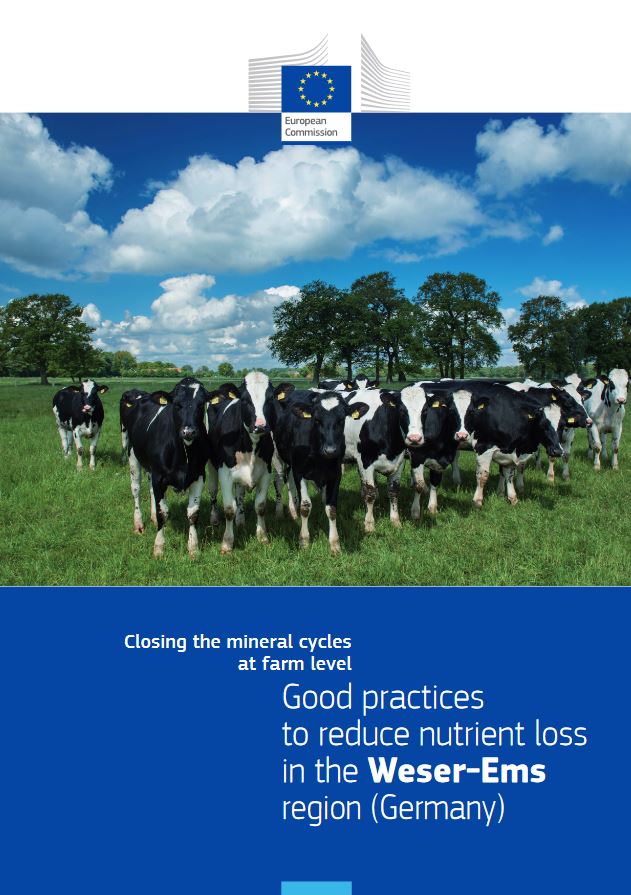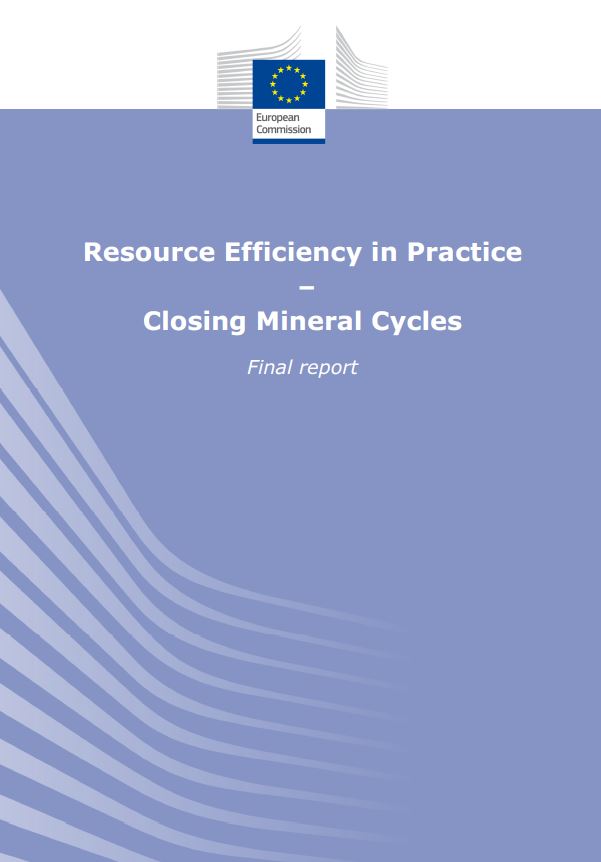Inefficient use of fertilizers leads to the accumulation of nutrients in areas of intense agricultural activities and can cause serious environmental problems in these areas and beyond. Those problems stem from the disturbance of natural mineral cycles, partly resulting from the extraction of elements in one location and being applied elsewhere. Furthermore, the production of fertilizers consumes natural resources, such as energy, water, and non-renewable mineral resources that contain necessary elements.
Background
Nutrients such as nitrogen (N), phosphorus (P), and potassium (K) are essential for plants and have been intensively used as fertilizers in agriculture. With an increasing demand for food, feed, and fiber, the demand for N, P, and K likewise increased. Although this rising production necessitated a higher application of nutrients, current fertilization practices utilized the resources inefficiently. This was problematic due to the increasing scarcity of resources (P and K). Moreover, the inefficiency led to various environmental impacts, contributing to climate change, eutrophication, and acidification of water, among the most prominent issues.
Several EU policies were in place to improve one or several aspects of nutrient efficiency, including the Nitrates Directive, Water Framework Directive and its daughter directives, and the Common Agricultural Policy. Measures to improve nutrient efficiency were well known at the EU level. Closing mineral cycles would be influenced by the strength of policies as well as the transfer of theoretical knowledge into practical approaches that could be implemented by farmers at the regional level, particularly in saturated areas.
Project Objectives
This project aimed to:
- Identify the most promising and efficient measures to improve the use of nutrients and to reduce their negative impacts by:
- Identifying saturated areas for N and P with the objective to highlight region-specific measures and encourage close cooperation at the farm level.
- Analysing the impacts of agriculture in saturated areas and then qualifying and quantifying the cost of those impacts resulting from inefficient use of N, P, and K.
- Identifying potential solutions for the saturated areas to reduce the impacts of agricultural activities.
- Identifying good practices that could be implemented at the farm level given local conditions (climate, soil, existing legal requirements, etc.).
- Transfer the acquired information into usable practices for farmers, extension services, and regional decision-makers in the identified saturated areas through an interactive and participatory process aimed at empowering them to take action at their respective levels.
Methodology
The project's first task was to identify the effects of agriculture on water, air, soil, biodiversity, climate, and human health. Then, the costs of environmental and health effects were assessed, and possible solutions were identified to reduce the impacts on saturated European regions. Region-specific good practices were developed. The project focused on the following regions:
- West Denmark,
- Southern Netherlands,
- Murcia (Spain),
- Lombardy (Italy),
- Brittany (France),
- Wielkopolska (Poland),
- Northwest Germany, and
- Southeast Ireland.
In an interactive process with the key stakeholders, which was the second task of the project, the findings were transformed into usable and practical training materials to address the region-specific context and problems. In four regional conferences, trainings were held to transfer knowledge into practice by reaching out to a broader target group of stakeholders than were involved in the preparation of the material.
Ecologic Institute's Role
In the project's first task, the Ecologic Institute contributed expertise to the themes of climate change (renewable energy, reducing greenhouse gas emissions, adaptation) and soil (fertilization and soil management) throughout the various activities outlined above. The Ecologic Institute, due to its experience in stakeholder engagement processes, led the second task of developing the dissemination material and organizing the regional stakeholder conferences, as well as the final conference in Brussels.








